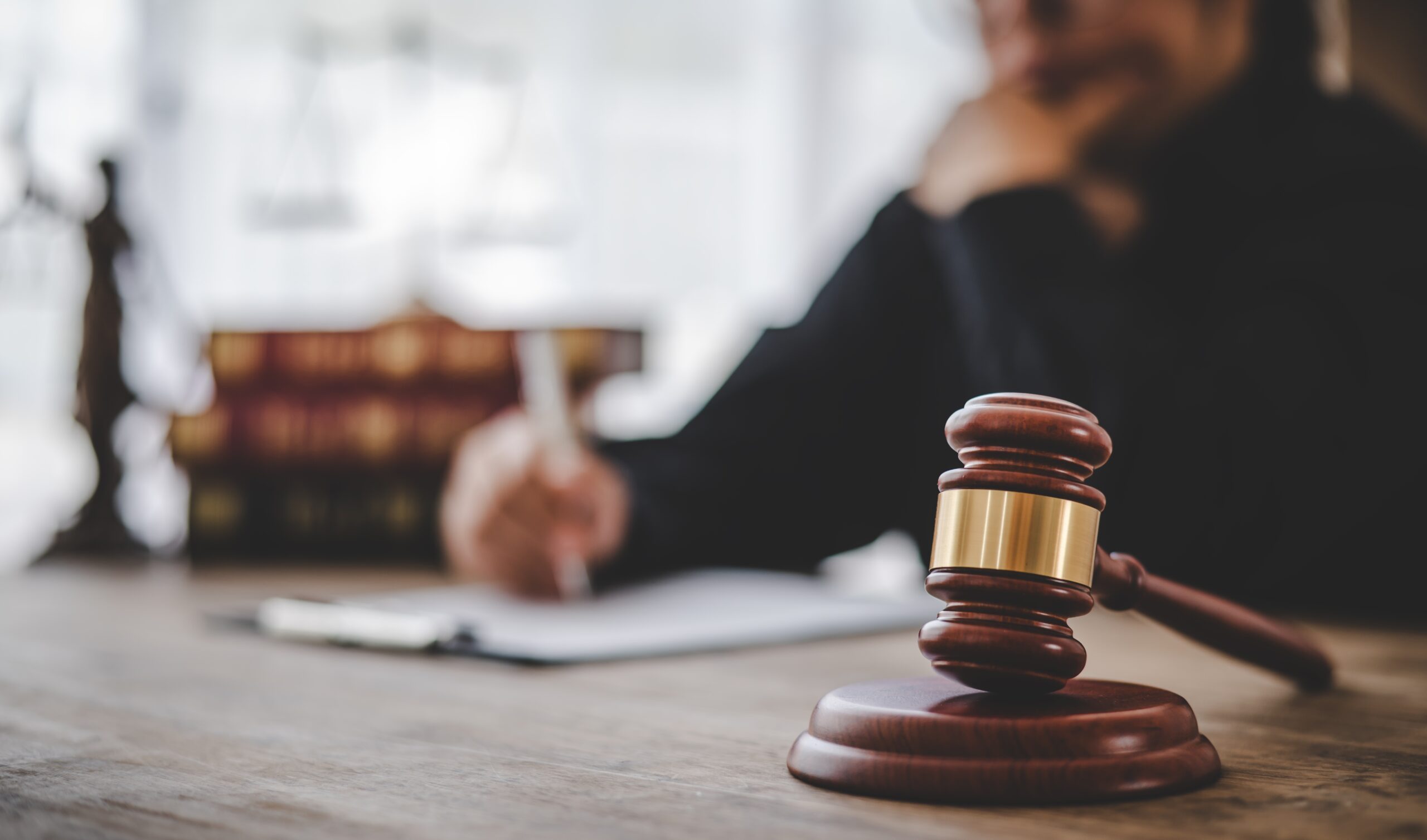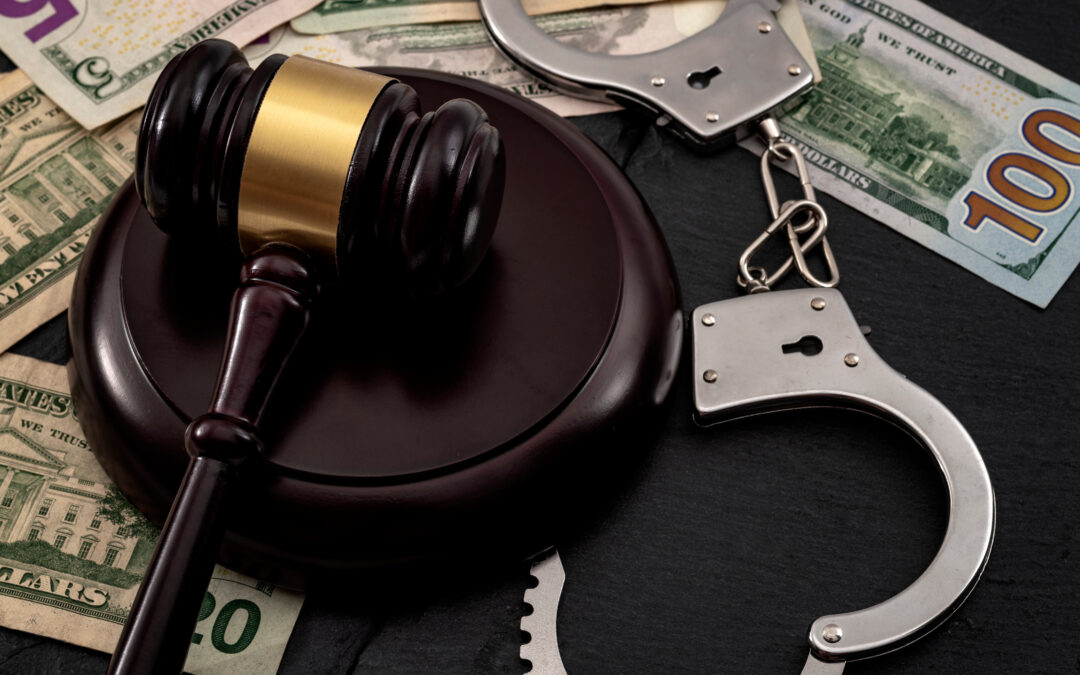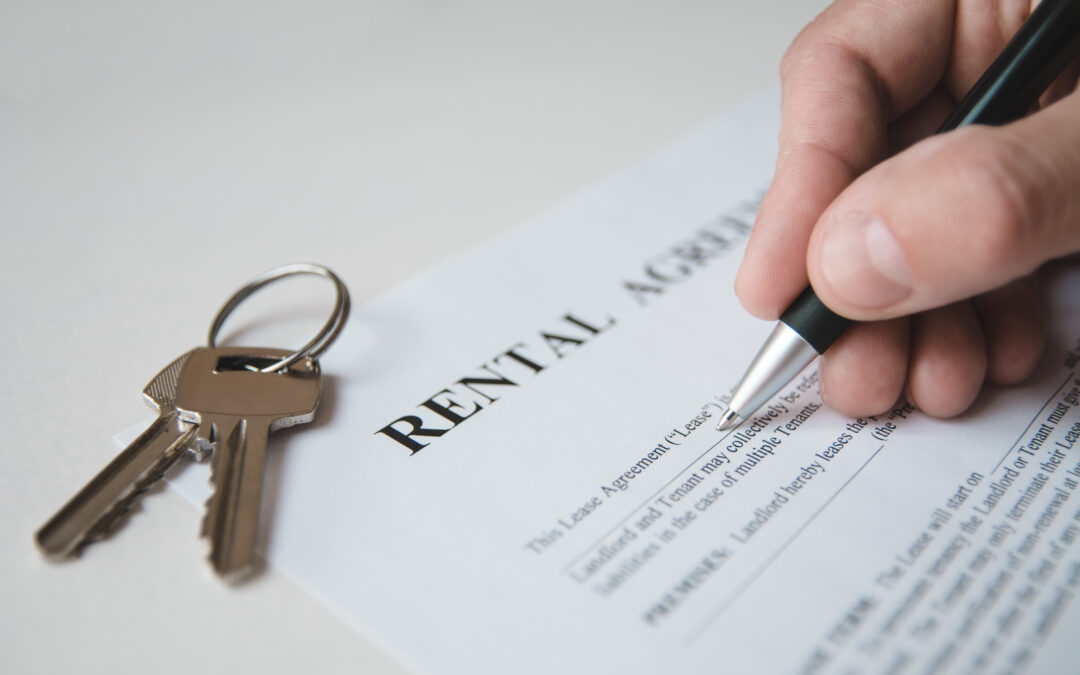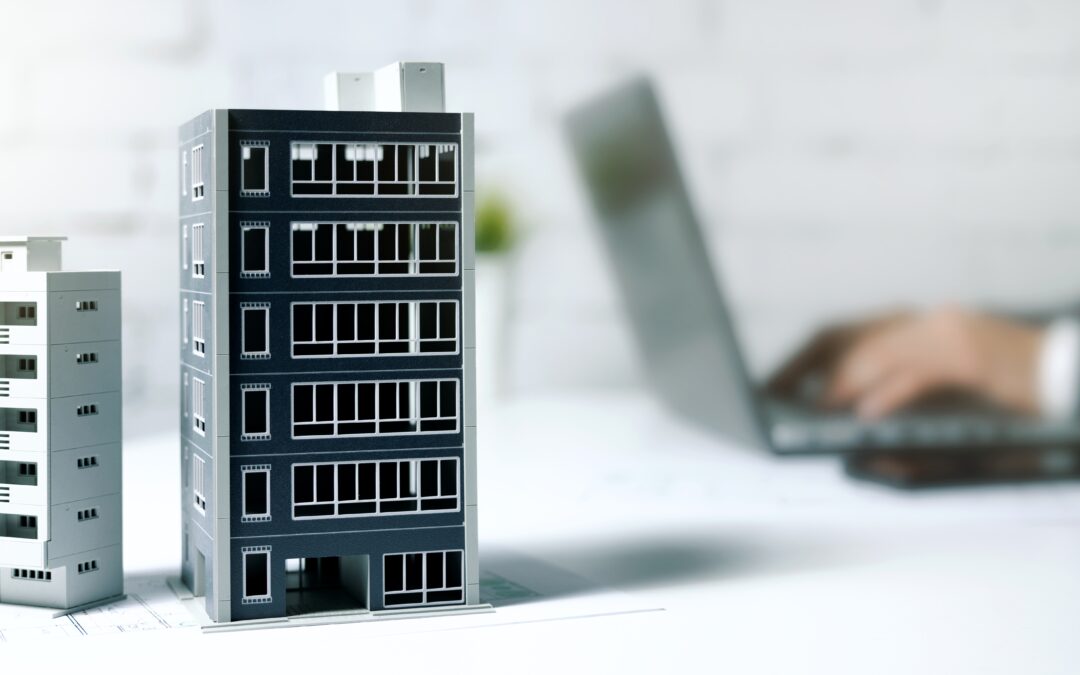Collection litigation services are designed to recover unpaid debts through the legal system when other collection efforts have been unsuccessful. When an entity or individual fails to meet their financial obligations, a collection litigation process can be initiated to legally pursue the amount owed. While litigation is often viewed as a last resort due to its potential time and cost commitments, it is a powerful and effective tool in situations where large sums are involved or other collection methods have proven ineffective.
Debt collection agencies leverage litigation as a key strategy to ensure that creditors receive what they are owed, especially in cases where the debtor may be uncooperative.
Why Choose Litigation for Debt Recovery?
While litigation is often regarded as a least resort in recovering debt, it can be a powerful tool for businesses for companies that have tried other methods without success. Litigation provides a formal, legal pathway to recovering outstanding debts. While the process involves upfront costs and can take time, the potential return on investment (ROI) can be significant, particularly when large amounts of money or assets are at stake.
It’s essential for businesses to weigh the costs against the potential recovery to determine if litigation is the right move. When done strategically, litigation can lead to full or partial debt recovery, making it a valuable option for financially stable companies seeking to protect their bottom line.
The Collection Litigation Process
The collection litigation process involves several key steps designed to recover unpaid debts through the court system. Here’s an outline of what typically happens during this process:
Filing A Lawsuit
The process of filing a lawsuit begins with locating the debtor along with additional costs. This can sometimes be a complex and time-consuming task, especially if the debtor has changed addresses or is actively avoiding detection. Additionally filing a lawsuit incurs additional costs, such as filing and court fees, which vary depending on the jurisdiction where the case is being processed.
Once the debtor is located, gathering and analyzing relevant documentation is vital for supporting a creditor’s claim. Relevant documentation includes invoices, contracts, communication history and other essential evidence provided by the original creditor to build their case. A well-documented case is critical, as it forms the foundation of the lawsuit.
A collection agency will work closely with legal professionals to ensure that all necessary paperwork is compiled and presented correctly. Keep in mind, the collection litigation process can extend longer if the debtor is difficult to locate or misses court hearings. Once the lawsuit is filed, the court evaluates the case based on the presented evidence.
The Judgment
There are two ways in which a debt collection agency can get closer to collecting their debt. The first method may automatically go into effect if the debtor fails to respond to the lawsuit on time. When this occurs, the court may issue a default judgment to the creditor.
The last method in which a judgment goes against the debtor, is if the creditor wins the lawsuit in court. Although this is a step forward in the litigation process, it does not guarantee repayment of the debt from the borrower.
Post-Judgement Collections: What to Expect
Once a judgment is issued in favor of the creditor, the collection process doesn’t end there. While creditors can enforce debt collection through various methods, post-judgment collections often require additional steps to ensure the debtor follows through with repayment. This phase can involve asset searches, wage garnishments, or seizing property to satisfy the debt.
Below are the different types of collection methods that a court-issued collection can grant a creditor to enforce:
- Bank Levies – A court-ordered collection —granting the creditor access to the debtors funds in their bank account.
- Wage Garnishment – Another court-ordered collection requiring the debtors’ employers to withhold a portion of their earned wages to repay their debt. Alternatively, funds can also be drawn directly from a debtor’s business, if applicable, to pay back the creditor.
- Liens – A legal claim that authorizes a creditor’s rights to take possession of property owned by the debtor to satisfy a debt.
Your partnered debt collector will analyze the debtor’s financial situation to determine the best way to negotiate debt repayment. In some cases when a debtor’s assets are too difficult to locate, a debtor’s exam may be utilized in a court process. Additionally, a debtor’s exam can accelerate the litigation collection process by saving time on securing essential asset information.
Litigation Services at NPG Associates
Litigation may be a last resort, but it’s a highly effective strategy for recovering outstanding debts when all other collection strategies have failed. Let NPG Associates guide you through the process with confidence and expertise. We’re well-equipped to handle every stage of a litigation process.
Our team works closely with legal professionals and leverages industry-leading techniques to locate debtor assets and enforce court orders. From tracking down hidden bank accounts to placing liens on properties, we employ a full spectrum of strategies to bring debts current. By partnering with NPG Associates, you gain access to a robust suite of litigation services designed to maximize recovery





